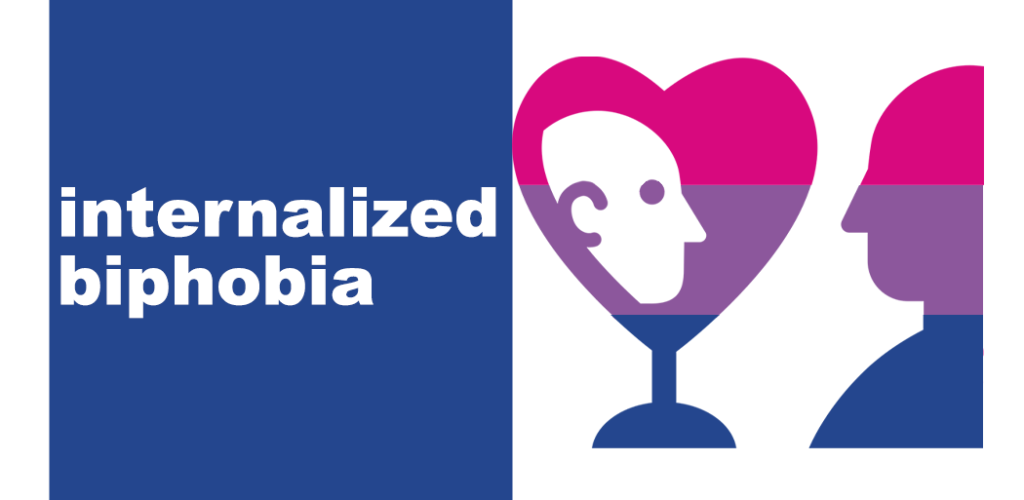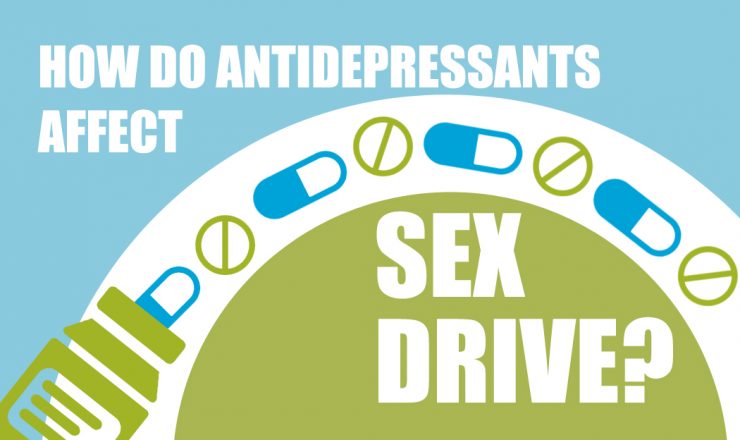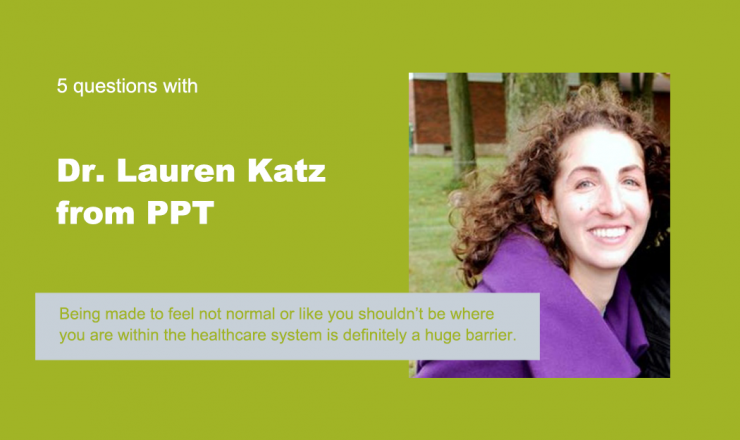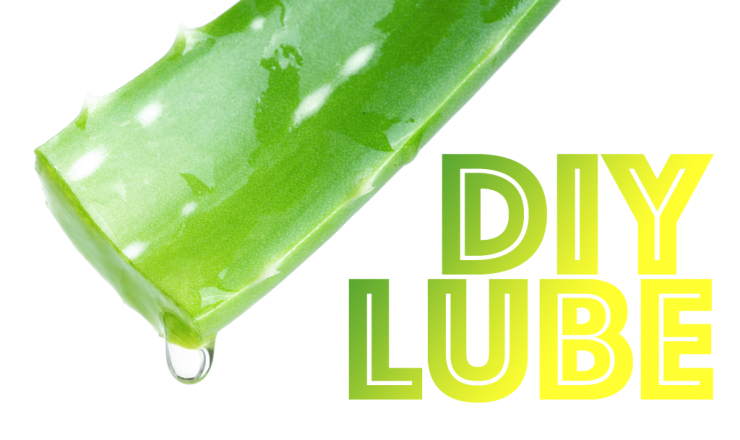

The article is an opinion column written by one of our peer educators. While we recognize that internalized biphobia can come in many forms, this article focuses on how it affects women who are attracted to women and men.
I was scrolling through TikTok the other day and couldn’t help but notice all the bisexual women saying, “I hate the fact that I like men, ew,” or “I can’t believe I willingly chose to have a boyfriend when I could have a girlfriend instead.” My initial reaction was, “Amen sis, men are trash,” attributing their frustration to being tired of the disproportionate amount of emotional labour women often deal with having to perform in heterosexual relationships. But then I caught myself, recognizing this mentality as an expression of biphobia which many wlw (women-loving women) such as myself have internalized.
| Quick Definitions |
|
Biphobia often impact bi people of different genders differently, and in different sexual communities. For example, bi women are often stereotyped as “attention seeking,” and that they’re only pretending to be attracted to other women out of boredom, to seem interesting to guys. Stereotypes like this often come from wlw being the focus of hyper-sexualization and objectification from men, where straight men believe that bi women are performing for the man’s sexual pleasure. In lesbian communities, bi women are negatively stereotyped as being wishy-washy, or just going through a phase before they go settle down with a man. This can result in many lesbian women refusing to date bi women outright.
Stereotypes like this can particularly difficult if you’re a bi woman in a relationship with a guy. To the world you’ve officially “crossed over to the straight side” by being in a heterosexual relationship. This is also known as Straight Passing. Of course, this is an absurd notion, because you would never tell a bilingual person they are monolingual after only hearing them speak in one language. This policing of bi identities leads to bi people feeling ostracized from the LGBTQ+ community.
It’s ideas and pressures like this can can allow Internalized Biphobia to take root. For bi women, it’s no surprise that these kinds of invalidations can manifest into bi women constantly feeling obligated to justify and prove their attraction to women. And this can involve denouncing their attraction to men and shouting about their love of women from the rooftops to belong. Not only can putting down a part of yourself lead to further internal negative feelings for yourself, it can be confusing or harmful partners to hear that, making them insecure. There is a fine line between hating men as a stand-in for all of patriarchy, and constantly daydreaming about dating a woman while in a relationship with a man.
While it’s common for bi people to have a stronger pull to one gender (not all attraction is 50/50 for all people or scenarios) one does not need to be attracted to both genders equally to be considered valid or part of the LGBTQ+ community. Bisexuality should be celebrated and attraction to the another gender doesn’t make anyone “less gay.” It makes sense to use humour as a coping mechanism and protective coating against society preaching the opposite. However, it is important to recognize internalized shame caused by biphobia in society to combat it and try to ensure we don’t perpetuate it.
If you have questions about this topic, feel free to contact one of our peer educators. [Link]
Last Updated: January 2022

Antidepressants are commonly prescribed as a way to treat mental health conditions, but how do we navigate the ways they might interact with our bodies or our sex drives?

We sat down with Lauren, a family physician at Planned Parenthood Toronto. Want to learn more about what it takes to be a clinician at PPT, and what values the staff there try to uphold? Then read on!

Tired of giving money to corporations just to have some lube? Check out these options for Do It Yourself Lube!